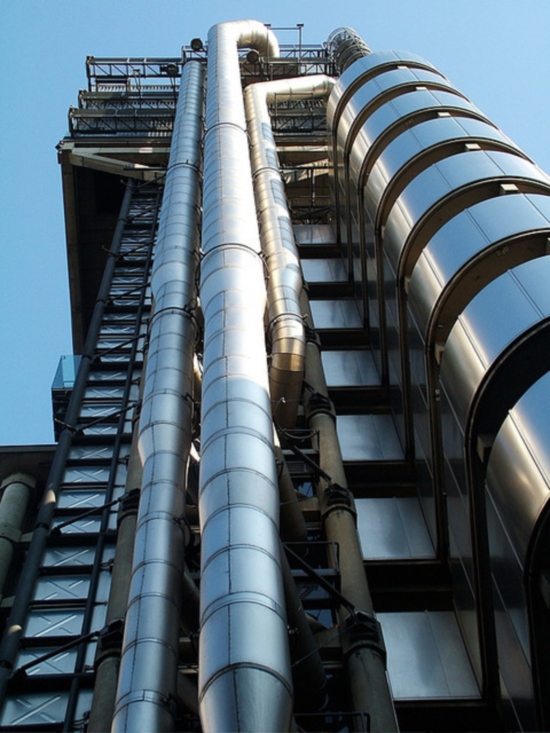The increasing stability of the UK economy has attracted a raft of international investors to the country, with London fast becoming the most sought-after investment location in the world. Yet while players from many different countries now have a stake in the capital’s commercial property market, it seems that Chinese investors are the most keen to increase their assets in a bid to make the emerging market’s presence felt worldwide.

There are, at present, a number of key developments masterminded by Chinese investors in the pipeline, the most notable being a £1 billion transformation of the Royal Albert Dock in east London to incorporate a large floating “village” and fully functioning business port. Another key project is the Dalian Wanda Group’s £700 million investment into the creation of a five star hotel, which will be the first development of this type to be orchestrated by a Chinese firm from abroad.
Now it has emerged that the Ping An Insurance Group has agreed to purchase the iconic Lloyd’s building from German asset management fund Commerz Real. The deal, worth £260 million, has been cited as a ground-breaking agreement as Ping An will become the first Chinese insurance firm to step onto the UK property ladder.
Although Savills, which acted in an advisory role during the sale proceedings, did not name the buyer in its initial statement regarding the deal, Ping An was confirmed as the buyer by China’s state owned news agency Xinhua.
Director at Savills, Jon Crossfield, said the deal was “a potentially landmark transaction, given it is the first by a Chinese insurance company overseas.”
He continued; “It is a high profile and confident entry to the market for them, and further illustrates the dominance of overseas investors in London at present.”
The Grade I listed building, designed by Richard Rogers, opened in 1986 and is known for its futuristic design which showcases features such as service pipes and lifts on the property’s exterior, earning it the nickname ‘the inside-out building.’
Commerz Real has owned the property since 2005, when it was sold for £231 million, and has revealed its belief that now is the perfect time to make the sale.
Board member Roland Holschuh claims that this deal is largely in line with the firm’s original plans.
He says; “The current liquidity and investor demand within the London market presented an ideal time for us to seek an exit in line with our original business plan.
“We are delighted with the transaction and it has been a major success for our investors.”
Do you think the sudden rush of overseas investment in the London market is a positive sign for both British businesses and the economy as a whole, or is this trend simply increasing demand and pushing up prices to the extent that UK investors can no longer afford a foothold in the capital?
Previous Post
Heatwave Raises Retail Temperatures